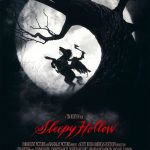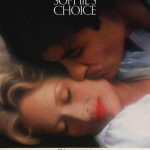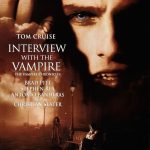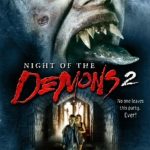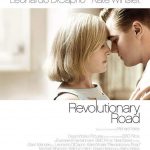Braveheart (1995)
It seems like you might be referring to “Braveheart” (1995), directed by and starring Mel Gibson. If that’s the case, here’s a review of this iconic film:
Overview: “Braveheart” is a historical epic that tells the story of William Wallace, a 13th-century Scottish warrior who led a rebellion against English rule. The film is noted for its sweeping battle scenes, emotional depth, and its portrayal of Wallace’s fight for Scottish independence.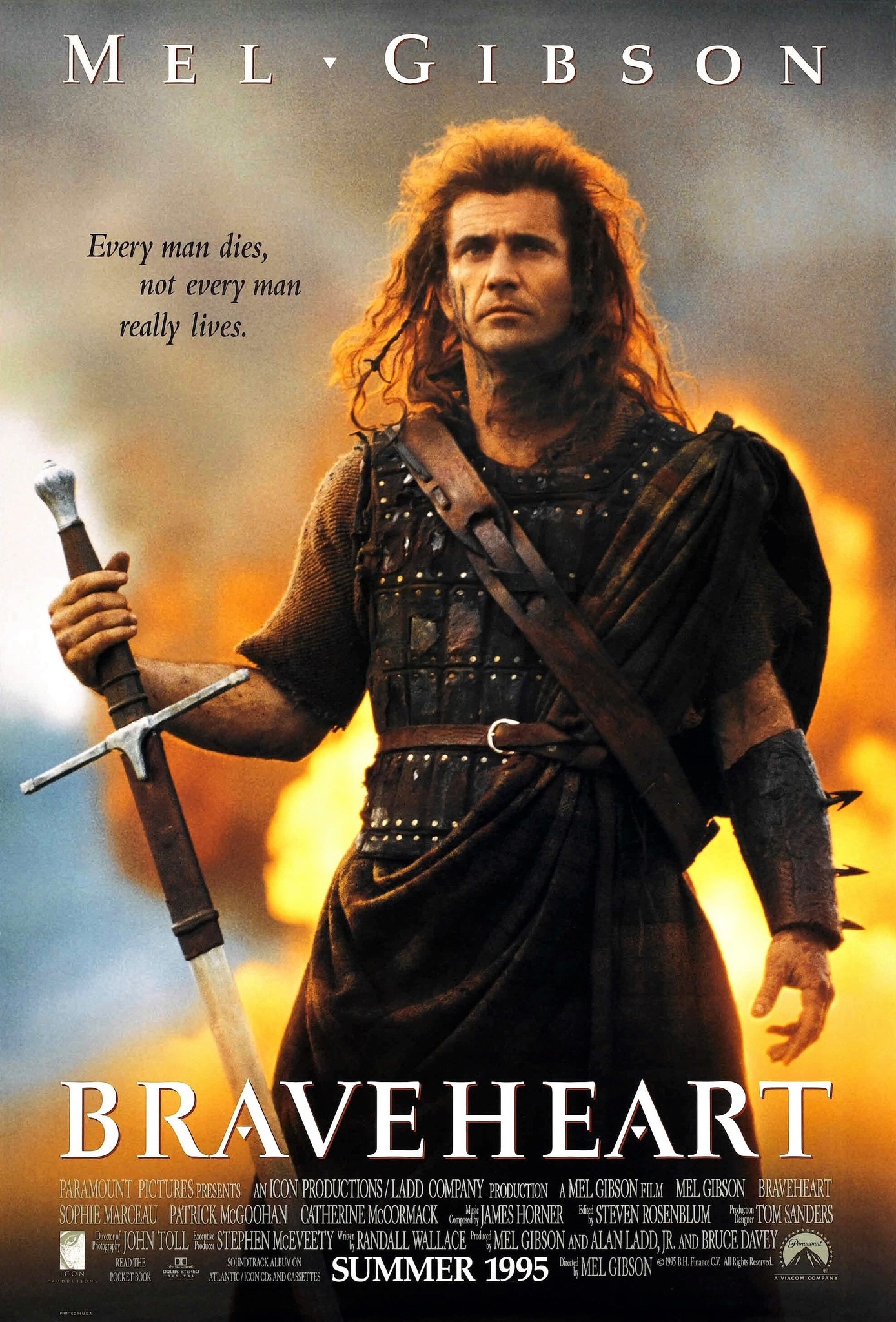
Plot and Historical Accuracy: The film’s narrative centers on Wallace’s journey from a simple farmer to a revolutionary leader. It dramatizes his struggles against King Edward I of England, his personal losses, and his ultimate martyrdom. While “Braveheart” takes significant liberties with historical facts for dramatic effect, it effectively captures the spirit of Wallace’s fight and the broader struggle for freedom. The historical accuracy is often debated, with some criticism directed at the film’s embellishments and inaccuracies.
Cinematography and Visuals: “Braveheart” is renowned for its epic scope and impressive cinematography. The film features grand battle sequences, such as the Battle of Stirling Bridge, which are notable for their scale and intensity. The rugged Scottish landscapes and period costumes contribute to the film’s immersive quality, making the setting feel both vast and intimate.
Performances: Mel Gibson delivers a passionate and commanding performance as William Wallace. His portrayal is both heroic and vulnerable, capturing the complexities of the character. The supporting cast, including actors like Sophie Marceau, Patrick McGoohan, and Brendan Gleeson, also provide strong performances, adding depth to the story and its characters.
Themes and Emotional Impact: The film explores themes of freedom, sacrifice, and national identity. It resonates emotionally, particularly in scenes depicting Wallace’s personal losses and his unwavering commitment to his cause. The stirring speeches and dramatic moments are designed to inspire and evoke a sense of patriotism and determination.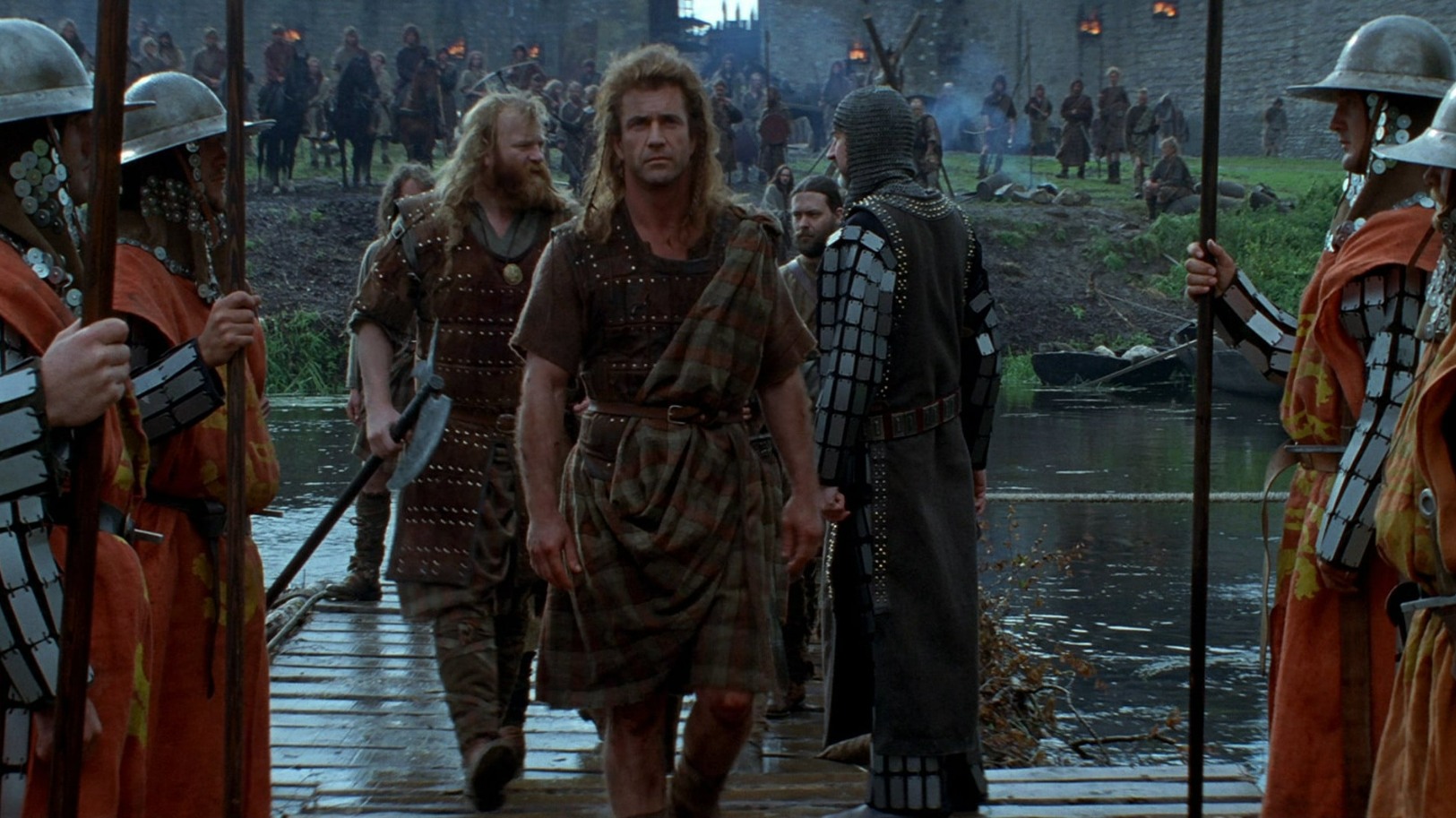
Score and Music: James Horner’s score for “Braveheart” is one of its standout elements. The music, with its soaring melodies and evocative use of bagpipes, complements the film’s emotional and dramatic moments. The soundtrack has become iconic in its own right, enhancing the overall impact of the film.
Criticisms: While “Braveheart” is celebrated for its cinematic achievements and emotional power, it is not without criticism. Some of the historical inaccuracies and liberties taken with the story have been points of contention among historians and critics. Additionally, the film’s portrayal of certain characters and events can be seen as oversimplified or exaggerated for dramatic purposes.
Legacy: “Braveheart” has left a lasting impact on popular culture and is often credited with revitalizing interest in historical epics. It won several Academy Awards, including Best Picture and Best Director, and remains a significant film in both Gibson’s career and the genre of historical drama.
Overall: “Braveheart” is a powerful and engaging film that combines dramatic storytelling with epic visuals. Its portrayal of courage, resistance, and the quest for freedom resonates strongly with audiences, despite its historical inaccuracies. Whether you’re drawn to historical dramas or simply enjoy a compelling and well-made film, “Braveheart” offers a memorable cinematic experience.

